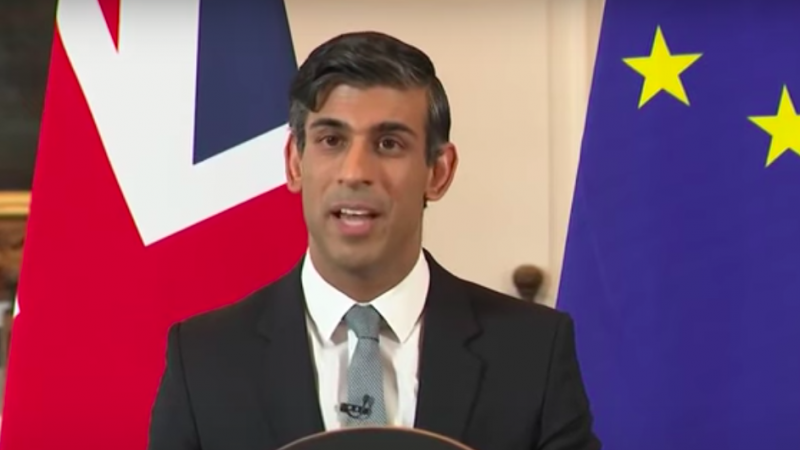There are a number of reasons why the Framework deal is more democratic than the old Northern Ireland Protocol.

Diane Abbott is the Labour MP for Hackney North and Stoke Newington
On balance, the Windsor Framework deal between the British government and European Commission should be supported, because it represents a small step towards greater democracy. As a result, it is no surprise that it should be resisted by many Unionist political leaders and some Tories for the same reason.
There are a number of reasons why the Framework deal is more democratic than the old Northern Ireland Protocol. The first is that it can potentially put the issue of the trilateral trading relationships between the EU, Britain and Northern Ireland to one side, and resolve all the factiousness, if not all the frictions.
This is what most of the population wants. It used to be said that Ireland only made the news in this country if there was a murder or bomb. That has been replaced and now the British press only seems to report anything in Ireland in terms of what it means for the internal fighting in the Tory party.
Recent polling shows that the Protocol or replacing it is low in terms of popular concerns. Instead, and wholly unsurprisingly, issues such as the economy, inflation and public services are much higher up the agenda. The Protocol is not even the top concern for all Unionist voters, with just 19% of UUP voters ranking it the highest priority. At the same time three-quarters of both Alliance and Sinn Féin ranked it the least important issue. Voters want the issue out of the way.
It is therefore completely inappropriate for the British government and political commentators in Britain to treat the DUP’s obsession with this issue as in any way representative of the popular mood. Worse, it hugely overstates the real, democratic weight of the DUP itself. Repeated polling has shown that the main party of Unionism represents the views of little more than 1 in 5 voters.
This increasing marginalisation is because of two main factors. Unionism is no longer the overwhelmingly dominant political attachment in Northern Ireland and the former Unionist monolith now splits three ways. The previously dominant Ulster Unionists record about 10% in polls, and the Traditional Unionist Voice, which harks back to a by-gone era without a voice or representation for Catholics or Irish Nationalists gets about 7%. Sinn Féin is consistently the largest party now, on just over 30%.
All of these represent a remarkable turnaround. The former prime minister in Stormont James Craig described it as a ‘Protestant government for a Protestant people’. The undermining of this long supremacy is a trend the unionist parties are still struggling to come to terms with.
This is why they supported Brexit; to stick as closely as possibly to a reactionary Tory government irrespective of the consequences for peace and prosperity for the whole island of Ireland. But the voters in Ireland rejected them and Brexit, accelerating their decline. Now, the overwhelming majority of the population believes that there should be separate and distinctive arrangements for Northern Ireland’s relationship with the EU, compared to those of Britain.
Hopefully, to some extent, this is what the Windsor Framework can deliver. After a series of anti-democratic measures by British governments in Ireland throughout history, this particular Conservative government has been forced by a set of international circumstances, in Europe, the United States and In Ireland, to make a small step to reflect the democratic will of the people. We cannot allow it to be derailed or diverted.
To reach hundreds of thousands of new readers we need to grow our donor base substantially.
That's why in 2024, we are seeking to generate 150 additional regular donors to support Left Foot Forward's work.
We still need another 117 people to donate to hit the target. You can help. Donate today.



